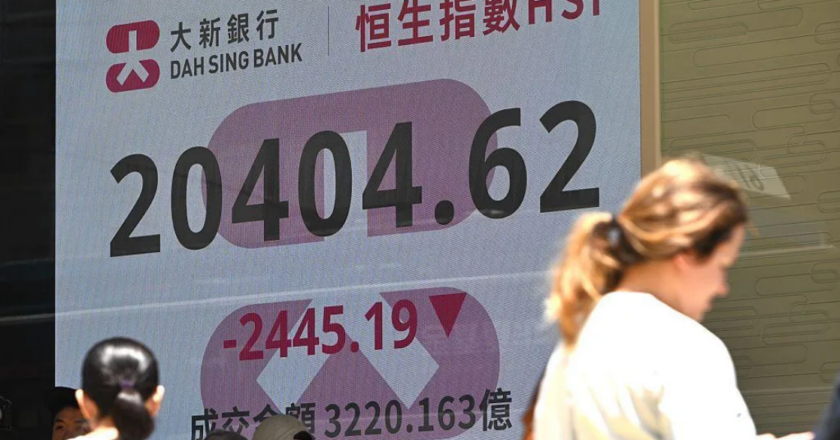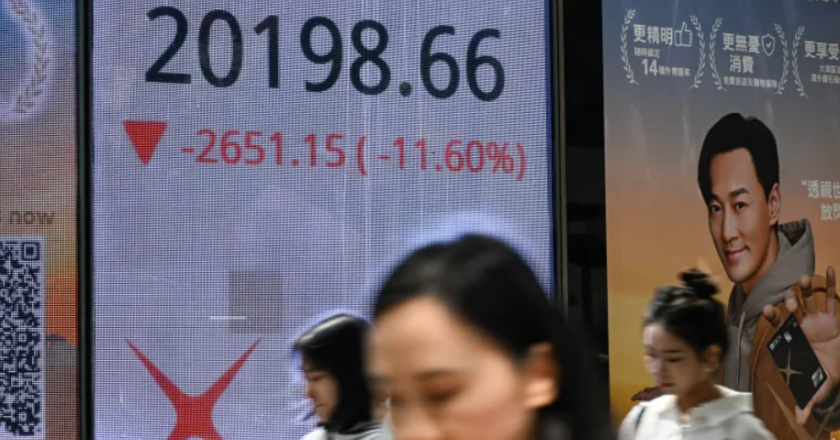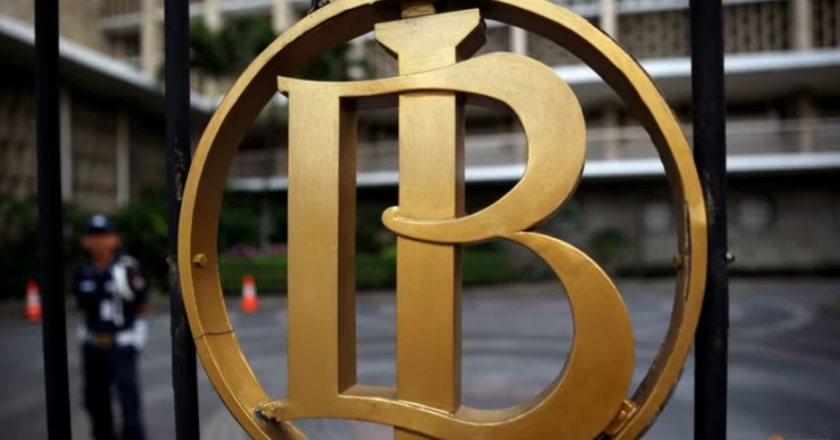According to a UN research, climate shocks might cost the Asia-Pacific region 6% of its GDP.
A new United Nations report warns that climate shocks could lead to annual economic losses (AAL) of at least 6 per cent in one-third of countries in the Asia-Pacific region, underscoring the region's significant vulnerability to climate change.
The report, titled Economic and Social Survey of Asia and the Pacific 2025: Understanding the Macroeconomic Implications of Climate Change, published by the UN Economic and Social Commission for Asia and the Pacific (ESCAP) on Tuesday, highlights how many developing economies in the region are struggling to manage the macroeconomic repercussions of climate change and the transition to a green economy.
While the Asia-Pacific region contributed 60 per cent of global economic growth in 2024, many of its countries are poorly prepared for climate ...









